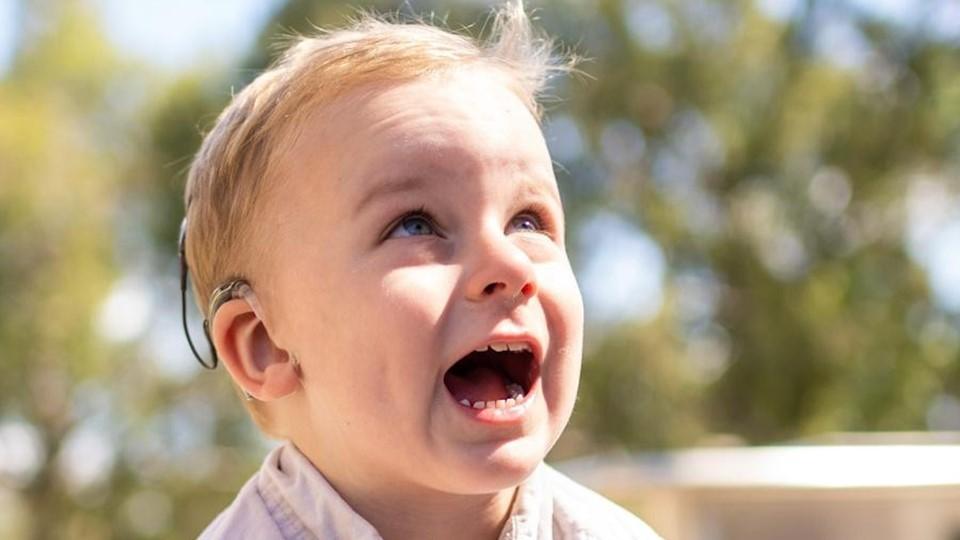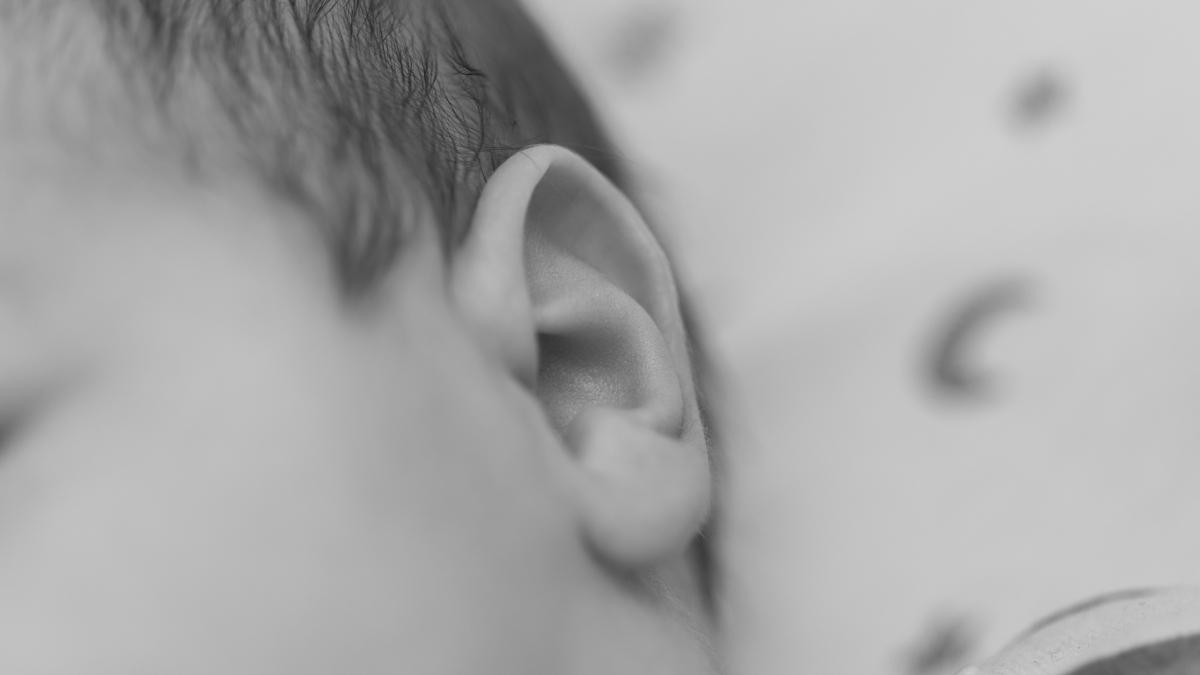Sensorion files to start trials of deafness gene therapy

French biotech Sensorion has filed its first regulatory application to start human testing of OTOF-GT, a gene therapy for one of the most common forms of congenital deafness.
The therapy is designed to correct mutations in the otoferlin or OTOF gene, which codes for a large protein expressed in hair cells in the cochlea (inner ear) that is involved in the process of transmitting sound into neuronal signals.
Deficiencies in the protein typically cause a form of deafness in which patients can hear almost nothing and – according to some research – may also lead to the rewiring of brain neurons in ways that may affect learning. It accounts for around 8% of all congenital deafness, equivalent to around 20,000 people in Europe and the US combined.
Montpellier-based Sensorion has applied to the UK's Medicines & Healthcare products Regulatory Agency (MHRA) to start a phase 1/2 clinical of OTOF-GT as an intra-cochlear injection in children with otoferlin deficiency aged up to 31 months. An application in the EU is expected to follow within the next few weeks.
The gene therapy, delivered by a dual adeno-associated virus (AAV) vector, has been shown to restore expression of the otoferlin protein, as well as hearing, in a mouse model of OTOF-related deafness for at least a year after a single injection.
Sensorion has also developed a minimally-invasive surgical method designed to make it easier to deliver the gene therapy into the inner ear, which it says is similar to the procedure used to install cochlear implant hearing aids.
The company is one of a small number of biotechs trying to develop gene therapies for OTOF deafness, along with the likes of Decibel Therapeutics/Regeneron and Akouos/Eli Lilly.
Both those companies are marginally ahead of Sensorion with their candidates. Decibel has already received approval in the US, Spain, and the UK to start enrolling patients in its phase 1/2 CHORD trial of DB-OTO. Lilly, meanwhile, got into the area after acquiring Akouos for $487 million upfront last year and also has FDA approval in hand for a phase 1/2 study of its AK-OTOF candidate.
“There are currently no approved drugs for patients with mutations of the gene encoding for otoferlin,” said Géraldine Honnet, Sensorion’s chief medical officer.
“Our goal is to transform the standard of care for OTOF newborns, by reducing dependence on cochlear implants, which would transform their quality of life,” she added. “We believe that gene therapy has the potential to offer permanent solutions to patients with diseases caused by the OTOF mutation and other inner ear diseases and we are really excited to move OTOF-GT forward towards clinical development.”
The French biotech is also developing another drug, called SENS-401 (arazasetron), for residual hearing loss after cochlear implantation in adults and recently reported proof-of-concept data in a phase 2a trial.
The drug previously failed a phase 2 study in sudden sensorineural hearing loss (SNHL), but is also in mid-stage testing for deafness associated with cisplatin chemotherapy.
Photo by Zoe Graham on Unsplash.













